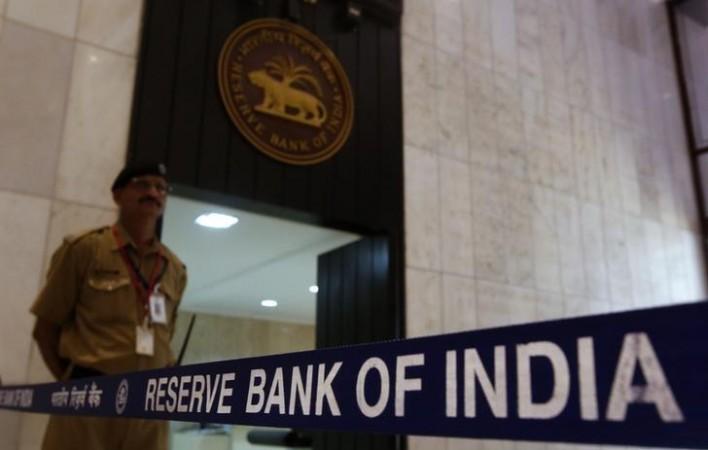Following the suit by central banks across the world to fight the disruptive impact of COVID-19 pandemic, the Reserve Bank of India (RBI) on Friday (March 27) reduced the repo rate by 75 basis points to 4.4 per cent after a surprise meeting of its Monetary Policy Committee. The reverse repo rate was also reduced by 90 bps to 4 per cent. The rate at which the RBI lends money to commercial banks is called the repo rate while the reserve repo is the rate at which the central bank borrows from them.

Besides the rate, RBI Governor Shaktikanta Das also announced a cut of 100 basis points in the cash reserve ratio (CRR) for a period of one year. The CRR is the mandatory amount commercial banks have to park with the central bank. "This would release liquidity worth Rs 1,37,000 crore within banks," the RBI Governor said.
Banks allowed to put EMIs on hold for three months: RBI
The Reserve Bank has also allowed commercial banks, NBFCs (including housing finance companies) and other financial institutions to put the loan EMIs on hold for three months. Addressing a presser after the unscheduled Monetary Policy Committee meeting, the RBI Governor said that moratorium on term loans will not result in the downgrading of asset classification for banks and other financial institutions for the next three months.
RBI Governor statetment on rate cutes
In view of the ongoing 21-day lockdown to slow the spread of deadly coronavirus, the RBI held an unscheduled Monetary Policy Committee meeting. Earlier, the meeting was scheduled to be held in the first half of April. The surprise meeting was followed by similar decisions by several other central banks across the world to combat the "disruptive" impact of the COVID-19 pandemic.
RBI rate cuts follow economic relief package by Centre
The move has also come a day after Union Finance Minister Nirmala Sitharaman announced a Rs 1,70,000 crore relief package. The poor will get cash transfer and food subsidy in their bank accounts, while those medical professionals at frontline duties will get an insurance cover of Rs 50 lakh for the next three months.
The Rs 1,70,000-crore "Prime Minister Gareeb Kalyan scheme" will offer an additional 5 kg wheat/rice and 1 kg pulses free of cost for the next three months. Sitharaman said that the government will ensure that "no one will go hungry".










